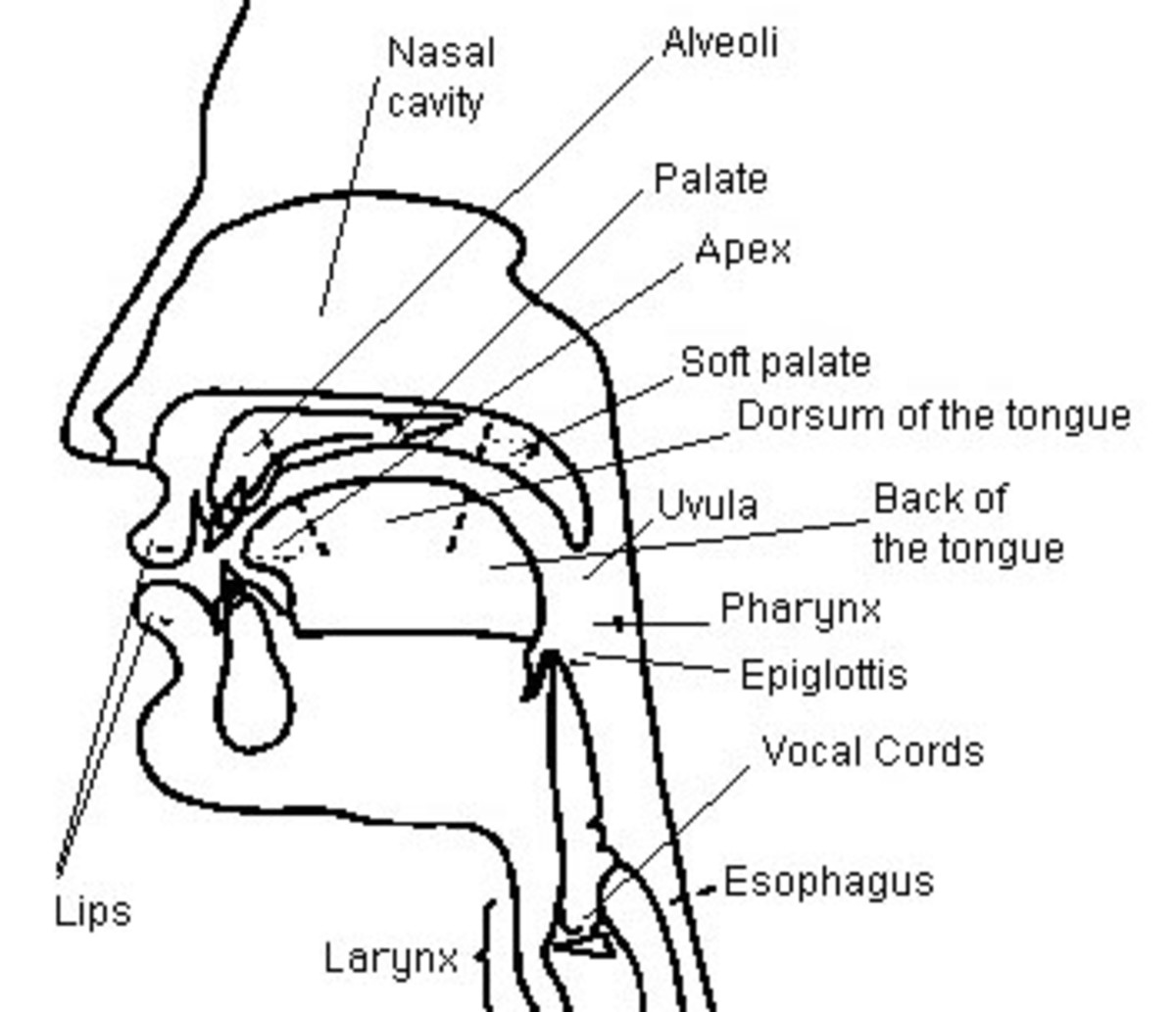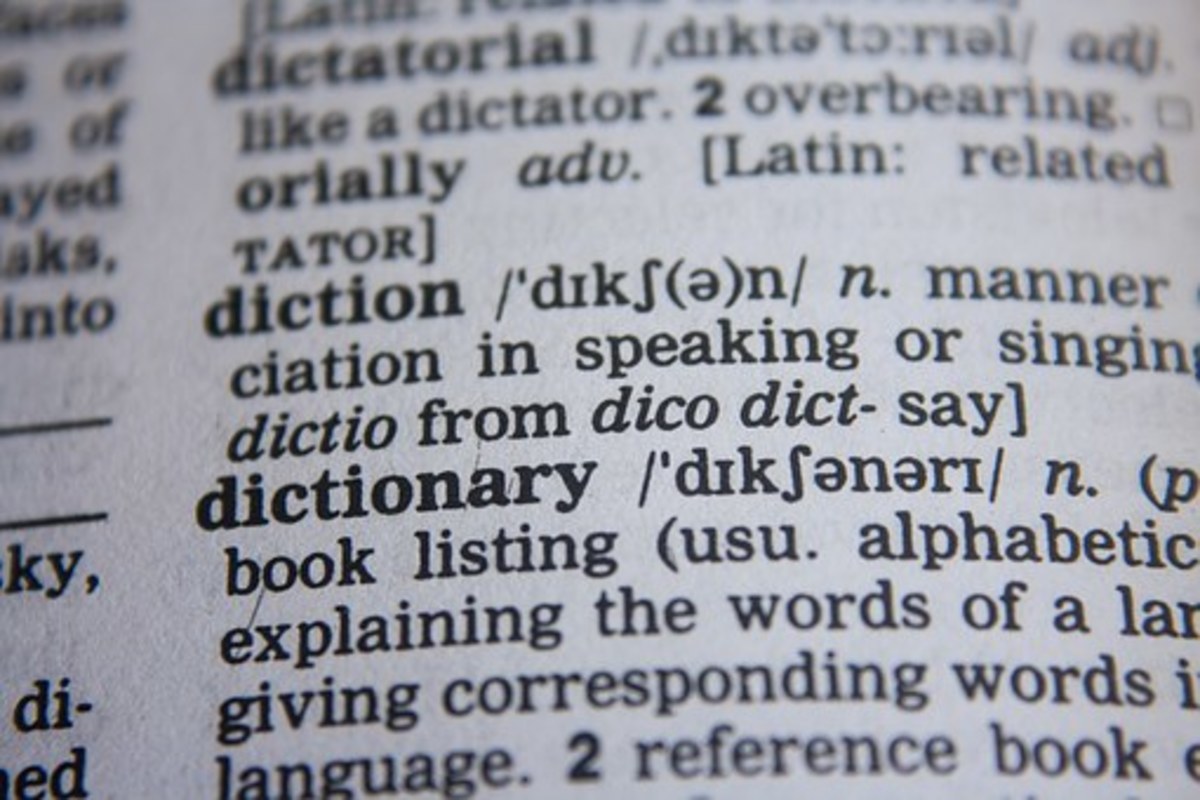Tips On How To Learn And Improve English Vocabulary Effectively

English has become such an important language these days. There’s no need for me to explain why we should learn it. Although we all know the importance of learning English, very few people succeed at being good at it. One of the common reasons is the majority of English learners don’t know how to learn vocabulary effectively. We cannot speak to other people or understand what they say to us if we don’t know enough words. We may put a lot of time and effort in increasing our vocabulary, but how many can we remember? And most importantly how many can we use in real situations? In this article, I will introduce some of my tips to help you improve your English vocabulary. Note that these tips are my personal experiences. You may or may not agree with them.
1. Have Good English Dictionaries
You cannot learn new words if you don’t have any dictionaries. It’s not hard to find ones these days. You just need to go to bookstores and you can find all kinds of dictionaries. However, it’s hard to find good ones out of hundreds of dictionaries. My recommendation for you is you should buy books from Oxford. The reason is simple. Oxford is the world’s most famous brand in teaching English and we can easily find dictionaries that are designed particularly to English learners. They are extremely helpful and really easy to understand, especially to self-study people. Depending on your purpose of learning English, you can choose dictionaries that are suitable to your study, such as: phrasal verbs dictionary, advance learner’s dictionary, etc. There are other brands that you can take into consideration, like: Longman, Cambridge, Macmillan, etc. These brands are also well-known, but I still recommend Oxford. One thing you also need to notice is a good English dictionary should not be more than five years old. So if you’ve got a dictionary for more than five years, it’s a good time for you to replace it with a newer one. English is evolving constantly. New words are coin every day. If your dictionaries are not up-to-dated, there’s a good chance that your English will not be understood by others.
2. Learn New Words Every Day Or Every Other Days
This is the most important thing you should do if you want to be good at English. Human’s brands are designed to learn new things gradually, not instantly. You want to remember what you’ve learned for a long time without much effort. This is definitely what you should do. Depending on each individual’s ability, the number of new words and the time you spend on learning them can vary drastically. If you’re a smart person, you can learn about ten new words each day in about fifteen minutes. If you’re not very intelligent, the number of new words you learn can be around two to three each day in ten minutes. Despite your intelligence, learning new words everyday is the most effective way to enhance your English vocabulary. Imagine how many new words you will know if you learn three new words every day? It’s around one thousand words. And if you do this for three years in a row, you will have enough words to use for most common English conversations.
3. Review What You Learned Frequently
Reviewing is always the key to success if you want to be good at what you’ve learned. You will be amazed by how many words you remember after years of learning them if you get back to them often. You don’t have to put much time into reviewing things. Reviewing once a week may be reasonable in most cases. When you go over words you’ve learned, pay extra attention to the ones that you have met a lot of difficulties when you learned them for the first time. These ones are the ones that you can easily forget. To make it easier for you to review words, you can create sentences in which you use the words you want to review. Write the sentences down in a notebook and carry it with you. This way, you can review new words whenever you’re free, not necessarily once a week. Another thing you can do is using flashcard. Honestly, I’ve never used this method so I don’t know how good it is, but I’ve heard a lot of people say it’s wonderful so I think it’s a good idea for you to give it a shot. There’s no harm in trying!
4. Learn New Words From Real Life
When you learn something, it’s not necessary to learn it from teachers or books. You can always learn from what you encounter in real life. Learning new English words is not an exception. If you live in an English speaking country (such as: the US, British, Australia, etc.), it’s great and I’m sure that you have no difficulty in learning and practicing what you’ve learned. You’re already surrounded by English. However, things become much tougher when you live in a non English speaking country. You don’t have much chance to expose yourself to English. In these cases, you should create opportunities for yourself. You can watch English channels (HBO, Discovery, Star World, etc.). You can read English newspaper, magazines, etc. With the help of the Internet, it’s pretty easy to find the materials that you want. You can also find foreign tourists that need helps to practice your English. This way, you’ll benefit from them because they provide you opportunities to use your English and they’ll also benefit from you by having a free tour guide. Remember whenever you encounter new words when you watch TV, read newspaper or talk to other people in English, note it down immediately. Don’t let yourself forget these valuable words!
5. Don’t Expect To Know All The English Words
English is the language that has the biggest vocabulary. There are over one and a half million English words out there. It’s impossible to learn all of them. Therefore, it’s natural to encounter words that you don’t know. One of the most important and common strategies is guessing the meaning of the words you don’t know based on the context. The goal of learning English is understand what you read or hear as a whole, not every word. Your memory is limited and there are so many English words. It’s wise to choose the most common words to learn.








